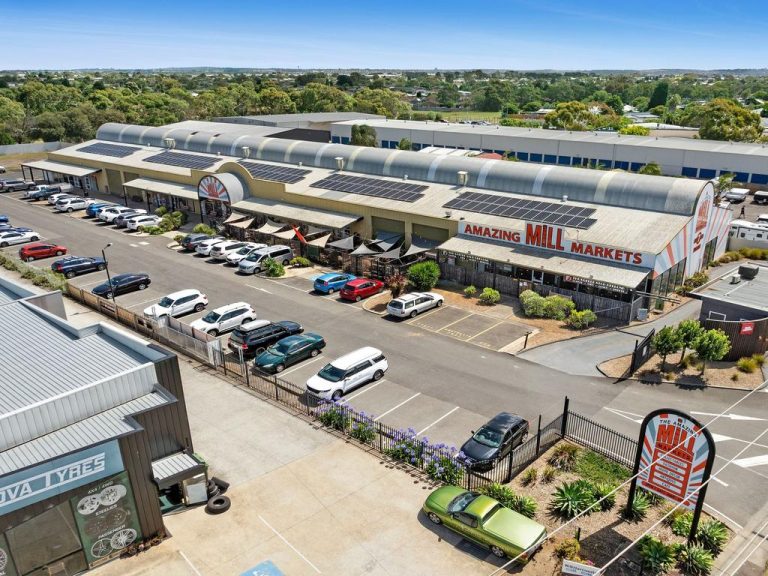Spring home sales expected to begin strongly in the face of rising rates

Auctions are tipped to pick up once spring’s warmer weather arrives.
With the spring selling season to begin in a few weeks’ time, the market is riven with concerns that higher interest rates will bite into volumes, but agents believe there could be a strong start.
The switch to warmer weather traditionally signifies the start of the busiest period of year for residential real estate agents, as sellers typically try to make deals ahead of the end-of-year festive season and the resumption of school.
Listings activity is strong going into spring. PropTrack said last week that winter seller activity was at a decade high – an unusual development after notoriously low stock levels during the recent price boom.
The total stock of properties listed for sale increased 4.9 per cent in July compared with last year, the largest year-on-year increase since 2010 – led by activity in Sydney.
Despite this, after two consecutive years of strong final quarter results, PropTrack director of economic research Cameron Kusher is optimistic about the start of the spring selling season.
“I do think, at least in early spring, we’re going to see quite strong listings,” Mr Kusher said. “I think there’ll be that sense of urgency right at the start to get properties on the market.”
Listings in all capital cities were down in July compared with June, which is typical for winter.
Brisbane and Adelaide recorded the biggest increases in prices during the boom and, as a result of demand, total stock on the market is, respectively, more than a quarter and a third below pre-pandemic levels.
Listing authorities – where properties which have been locked in for sale but not yet hit the market – through national real estate agency Ray White are currently on par with the same time last year, hovering around a total of 5500.
The number of properties being listed across the network is 10 per cent higher than the same time last year.
Interest rates have recently been used by central banks as a counterweight to rising inflation.
But last week, US inflation slowed by more than half a percentage point to 8.5 per cent in July and some economists suggest inflation there may have peaked.
The change was led by lower oil costs and an unclogging of supply chains.
But there are concerns that sales of new homes are falling.
The Housing Industry Association’s monthly survey of large home builders revealed a decline in the five largest states in July.







